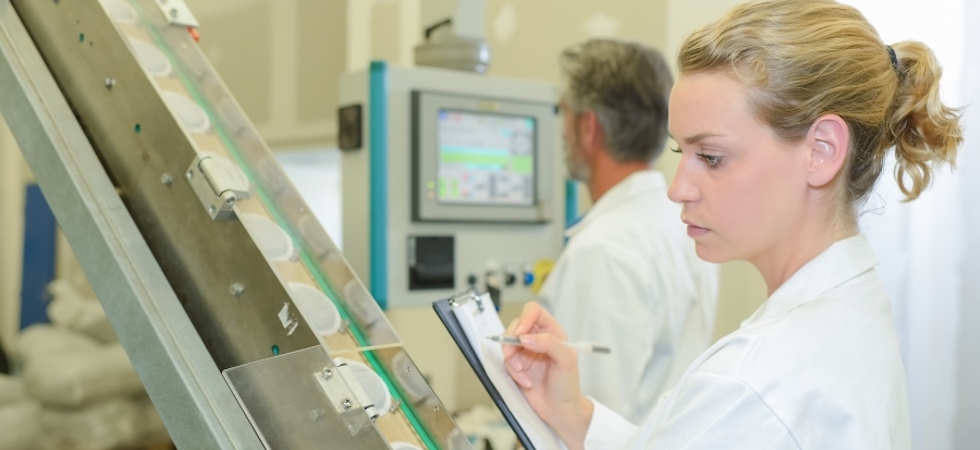The Food and Drink Federation (FDF) has published its latest State of Industry report, finding that confidence among food manufacturers remains “concerningly low”.
The survey reported negative confidence for a fifth consecutive quarter, and at -40% confidence among manufacturers has remained low and failed to recover since it fell to -47% at the end of 2024 following the Budget. According to FDF, two fifths of businesses (41%) are expecting to decrease their employee headcount over the next 12 months.
FDF said the impact of the Budget and other policy decisions “continued to concern food and drink manufacturers”, with more than eight in ten (84%) stating that ongoing financial impact of Government policies – such as National Insurance changes and the Upcoming Extended Producer Responsibility (EPR) packaging levy – was one of their biggest concerns for the year ahead, and nearly two thirds (63%) of respondents cited a decline in consumer confidence.
The cost of ingredients and commodities (50%), a shortage of skilled workers (37%), the cost of energy (32%), and Government prioritising other sectors for support (21%), were all reported to be “major causes for concern” for the UK’s food and drink manufacturers.
Production costs rise across the board
FDF stated that average production costs had increased 6.3% in the last 12 months, and are expected to rise a further 3.6% in the year ahead. This comes after a period of record high inflation, with food and drink prices 36% higher than they were five years ago and rates of inflation steadily on the rise over the last year.
Karen Betts, chief executive of The Food and Drink Federation (FDF), said: “Businesses are continuing to grapple with the impact of last year’s Budget alongside steadily rising input costs, so it comes as no surprise that business confidence across food and drink manufacturers remains strikingly low.
“Energy, commodity, transport, employment and other costs are rising across the board, on top of the growing costs of regulation. As before, companies will try to shield consumers for as long as possible, but this means that inevitably shop prices will rise. These are particularly marked at the moment in meat, dairy, chocolate and coffee.
“It’s fair to say too that companies are nervous about this autumn’s Budget. It’s critical that the Chancellor does not increase costs to hard-pressed businesses further, but instead acts decisively to attract new investment into our sector.”
The survey also found that growth in UK’s food and drink manufacturing industry had stalled, with production levels in 2024 just 1.5% higher than 2009 levels, when the sector last saw a period of sustained growth. FDF said that with business confidence remaining low and many companies concerned about the outlook for investment, this risks creating a “vicious cycle of flatlining investment levels and low productivity”.
However, with a potential £14 billion growth opportunity available to the sector through productivity gains, FDF highlighted that it is “possible to break out of this concerning trend”. It said that Government could do this by making policy decisions that will “drive the right conditions to attract the investment the sector needs”, which could include not increasing the current rates that industry pays on taxes such as the Plastic Packaging Tax (PPT) and the Soft Drinks Industry Levy (SDIL).
The full report can be accessed here.









